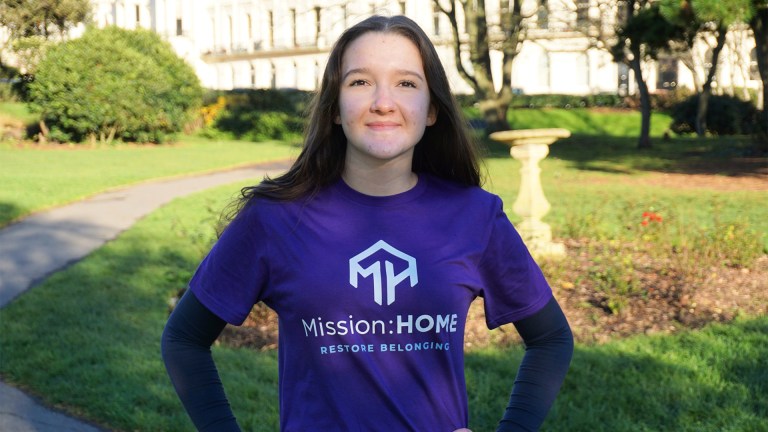Each year 100 university students die by suicide, but as it stands universities have no legal duty of care to keep students safe. Dedicated family members are fighting to change that.
ForThe100 is a nation-wide grassroots organisation campaigning to get universities to have a statutory duty of care over students. It emerged after 25 bereaved families came together to fight for answers, having lost their children whilst they were students at UK universities, and is now made up of people of all ages and backgrounds dedicated to win students the rights they deserve.
The group started with the parents of 20 year old Natasha Abrahart, a former student at the University of Bristol. Natasha had been diagnosed with depression and chronic social anxiety disorder and she had let staff know that the oral presentation of her second year physics assessment was causing her anxiety and panic attacks. She had informed university staff, the student GP practice, and the Avon and Wiltshire Mental Health Trust that she was struggling with suicidal ideation and had acted on these thoughts. Sadly, in 2018 Natasha took her life on the day that she had been scheduled to participate in a major group presentation.
- Cost of living crisis sees more and more children seeking mental health help: ‘I feel like a burden’
- This is what happens if a university goes bust
In May 2022, the County Court ruled that the University of Bristol had breached its duty to make reasonable adjustments in Natasha’s assessments and had engaged in indirect disability discrimination, failing to offer her protection under the Equality Act. The university appealed against the decision, but earlier this year, the appeal was rejected, which Natasha’s parents believe will set a precedent for triggering a recognition that universities must adjust their methods of teaching to avoid discriminating against disabled students.
But Natasha isn’t alone. She was the tenth of 11 Bristol students to die in an 18 month period, revealing the systemic failure that universities were complicit in. “Talking to other families we realised that a duty of care was necessary in most cases. There’s always something someone should have done but didn’t,” her father Bob Abrahart told Big Issue.
The current legal loophole over duty of care is preventing students from getting the help they need when they’re in crisis. Theo was a student at the University of East Anglia. He had ticked the consent form for his parents to be contacted in cases of emergencies, but following a suicide attempt, his parents were not informed. Despite Theo following all university guidance, giving the wellbeing team written consent to contact his next of kin in emergencies, the university did not contact his family.









